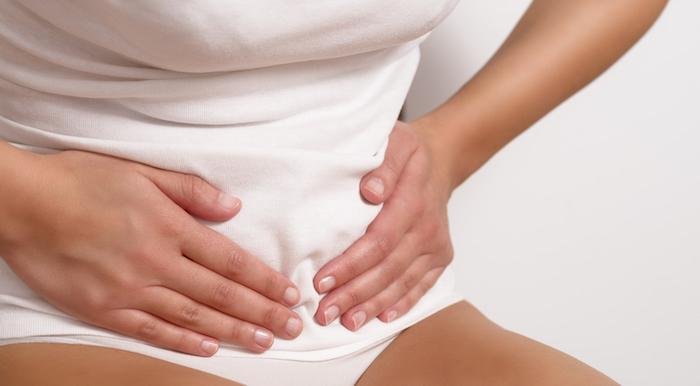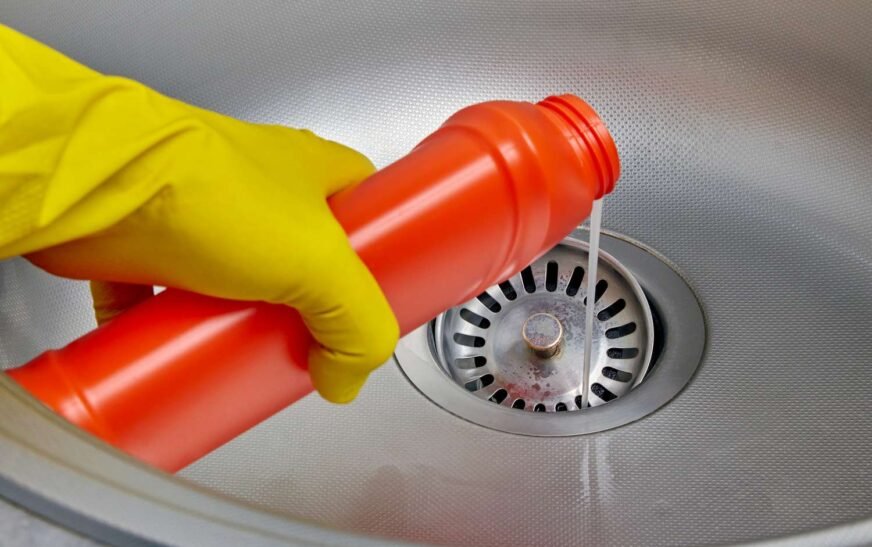By Ariwodo Chiamaka Preciousgift
Let’s face it—dealing with heavy periods can be a real challenge. But what if I told you there’s a nutrient that could help lighten the load? Enter folic acid, the unsung hero of women’s health. Known mostly for its role in pregnancy, folic acid also has some impressive benefits when it comes to regulating heavy periods. Here’s how it works and why it might just become your new best friend.
The Lowdown on Folic Acid
Folic acid is a type of B vitamin (specifically B9) that your body needs for making new cells and forming healthy red blood cells. It’s found in leafy greens, beans, citrus fruits, and fortified cereals. While folic acid is essential for everyone, it’s especially important for women of childbearing age because it supports reproductive health and overall wellness.
Heavy Periods: What’s the Deal?
Heavy periods, also known as menorrhagia, can be a real pain—literally and figuratively. They’re characterized by excessive menstrual bleeding, which can be both uncomfortable and exhausting. Causes can range from hormonal imbalances to underlying health conditions. But regardless of the cause, heavy periods can lead to a significant loss of iron, making you feel tired and weak.
How Folic Acid Can Help
Here’s where folic acid steps in. While it doesn’t directly reduce blood flow, folic acid plays a crucial role in managing the side effects of heavy periods:
- Boosts Red Blood Cell Production: When you have a heavy period, you lose a lot of blood, which can lead to anemia. Folic acid helps your body produce new red blood cells, replenishing what you lose during menstruation and reducing the risk of anemia. This means more energy and less fatigue!
- Supports Healthy Blood Flow: Folic acid helps maintain the integrity of blood vessels and supports proper blood flow. This can be particularly helpful in reducing clotting and promoting a more regulated menstrual flow.
- Enhances Iron Absorption: Folic acid works hand-in-hand with iron to improve absorption and utilization. This is particularly important if you’re dealing with heavy periods, as your body needs all the help it can get to replace lost iron.
- Hormonal Balance: Folic acid also plays a role in hormone regulation, which can contribute to a more balanced menstrual cycle. While it’s not a magic fix, ensuring you have enough folic acid can help support overall reproductive health.
How to Get More Folic Acid
Getting enough folic acid is easy with a balanced diet. Load up on folate-rich foods like spinach, kale, lentils, and citrus fruits. Many breads and cereals are also fortified with folic acid, so check the labels when you’re grocery shopping. If you find it hard to get enough from food alone, consider a daily multivitamin or folic acid supplement—just be sure to consult with your healthcare provider first.
READ ALSO: Ihesiulo Grace Amarachi – CEO of AdaEventsNews Nigeria
When to See a Doctor
While folic acid can be a helpful part of managing heavy periods, it’s not a cure-all. If you’re consistently dealing with heavy or irregular periods, it’s important to see a doctor. There could be underlying issues that need attention, and your doctor can help develop a treatment plan that’s right for you.
Folic acid may be small, but it’s mighty when it comes to supporting women’s health. By ensuring you’re getting enough, you can help your body cope with the challenges of heavy periods, from boosting energy levels to supporting better blood flow. So, the next time you’re stocking up on vitamins or planning your meals, don’t forget to give folic acid the attention it deserves—it just might make your monthly cycle a little easier to manage!









